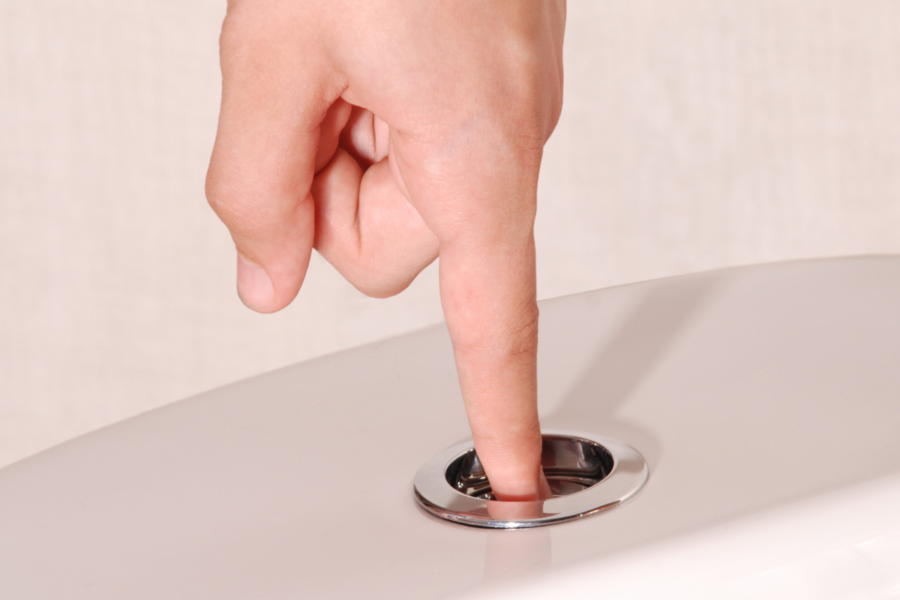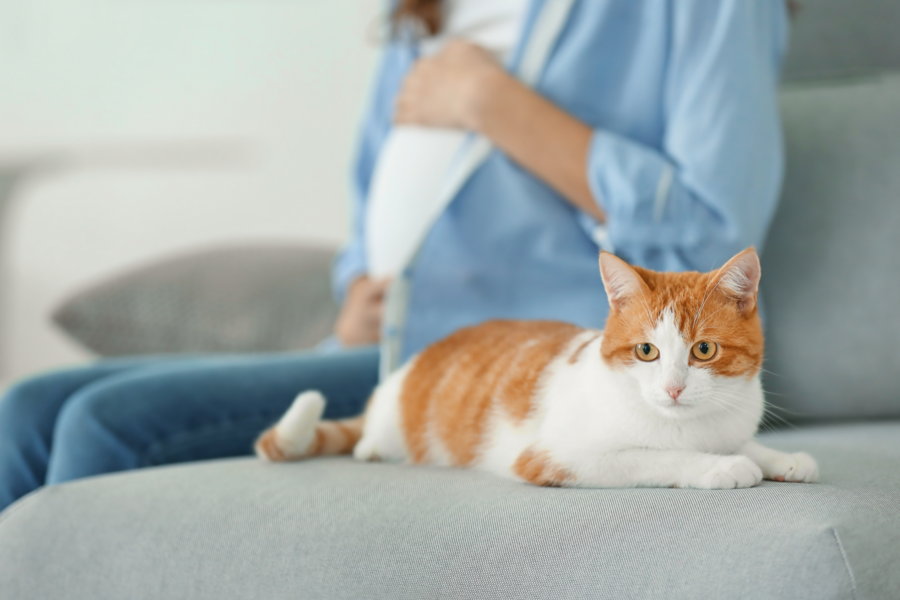Every year, thousands of cats are abandoned by their owners because of litter problems. There are many reasons why your cat may have deserted its litter box, and it’s often easy to remedy the problem.
The most likely causes are the odor (heavily soiled litter box, unpleasant or very strong scent) or a change in litter type. What’s more, unneutered males often tend to make their mark around the house (pee or poo on carpets, sofas or other surfaces). Whatever the cause, this is a serious problem requiring immediate action.
Understanding why your cat is not going in his litter box
Going outside of the litter box may be a passing fancy, but it can also be a physical problem. A few simple solutions can help your cat get back on track, but please note that if the problem persists, you should seek advice from your veterinarian. There are three common causes for this behavior in cats:
- Cleanliness and Litter Box Maintenance
- Environmental Changes and Stress Factors
- Health Observation: Behavioral and Physical Signs
We’ll explore below these common causes and give you tips to identify what might be your cat’s reason to ditch his litter box.
Cleanliness and litter box maintenance
Let’s start with the easiest solution, is your litter tray clean? Many cats refuse to relieve themselves in a soiled litter box. The soiled litter clumps should be removed daily, but if you have more than one cat, it could even be done twice a day. Don’t forget that each cat should also at least have its own litter box.
Cats have a very powerful sense of smell, if you can smell the ammonia from their litter, they surely smell it too! Once in a while, be sure to clean the litter tray itself. Urine burns the plastic of which most litter trays are made, to prevent urine from touching the bottom of the tray, make sure you always use at least 7.5 cm (3 in.) of litter. What’s more, clumping litter is better at controlling odors, and the clumps will stay on the surface of the tray.
To get more information about when you should clean and change your litter box, read our article on the subject here.
Environmental Changes and stress factors
If your cat’s litter is clean, it is possible that he stopped going in his litter because he is feeling anxious. Cats are creatures of habit, they don’t like changes in their routines. Here are some common causes of anxiety for cats.
Have you been away for several days?
Your absence can cause stress or a break in your cat’s routine. What’s more, when you’re away, you can’t clean the litter box, which remains soiled. While you’re away, ask someone close to your cat to spend time with him every day, playing with him, feeding him, petting him and cleaning his litter box.
Have you changed the cat litter?
Cats can be sensitive to changes in their environment, including their litter. To make the transition easier, mix the new litter (probably OdourLock®, right?) with the old one gradually over the course of several days or even weeks. Start with a small amount of the new litter mixed in with the familiar one, then gradually increase the ratio as your cat becomes accustomed to the change.
Is there a new person in your home?
The arrival of a stranger (cat, dog, baby, child, new life partner) can disturb the cat, change its routine or cause stress. Introduce the newcomer gradually, to give your cat time to get used to its new home. Try not to move the litter box or put your guest in the same room as it.
In the case of a new cat in your home, don’t forget to add a litter box for you new furry friend. Cats usually don’t like to share their litters as they like to put their own smell into it.
Have you moved?
Moving is a source of extreme stress for pets. So you may notice a change in your cat’s attitude after a move, until it has adapted to its new environment.
Are you renovating?
If you are doing renovations, the loud sounds of a hammer or a drill can stress your cat. There might also be a lot of dust in your home and workers might come and go in the house, which can also create stress for your cat. If the renovations are close to where your cat’s litter is, try to move it in a more quiet area before starting the renovations.
Medical causes
If you are still reading, chances are that your cat’s litter is super clean and that nothing changed in your home or your routine recently. If that is the case, it is possible that your cat is not going into his litter because of a medical issue. Unfortunately, cats tend to hide their illnesses really well, so be very attentive to any changes in your cat’s behavior and consult a veterinarian if you think your cat might be sick.
There are a lot of medical conditions that could push your cat to relieve itself out of the litter box, including urinary tract issues, diabetes, kidney diseases, intestinal disorders and more. These diseases affect your cat’s digestive system, they might cause pain when urinating or pooping or make your cat incontinent, which explains why your cat might leave traces around the house or go to a more comfortable place to relieve itself (like a mat or a couch).
Should you Consult a Veterinarian?
If after reading this article you cannot think of anything that would stress your cat and if your cat’s litter is always clean, the best thing to do would be to consult a veterinarian.
If you did change something in your cleaning routine or if there was in fact a stress factor in your home and you fixed it, but your cat’s still not going in his litter, we would also suggest you to consult a veterinarian.
Conclusion
If your cat goes outside of his litter box, there is almost always a good reason behind it. Cats don’t go in their litter for 300 days straight and decide one day to relieve themselves on your bathroom mat for fun.
Always pay close attention to your cat’s behavior to be sure he’s in good health. Try to keep an eye on what he’s eating, if he’s drinking enough water and if he’s going in his litter regularly. You can also add OdourLock® maxCare™ in your daily routine to tract the presence of blood or glucose in your cat’s urine, which are known symptoms of urinary tract diseases and feline diabetes.


